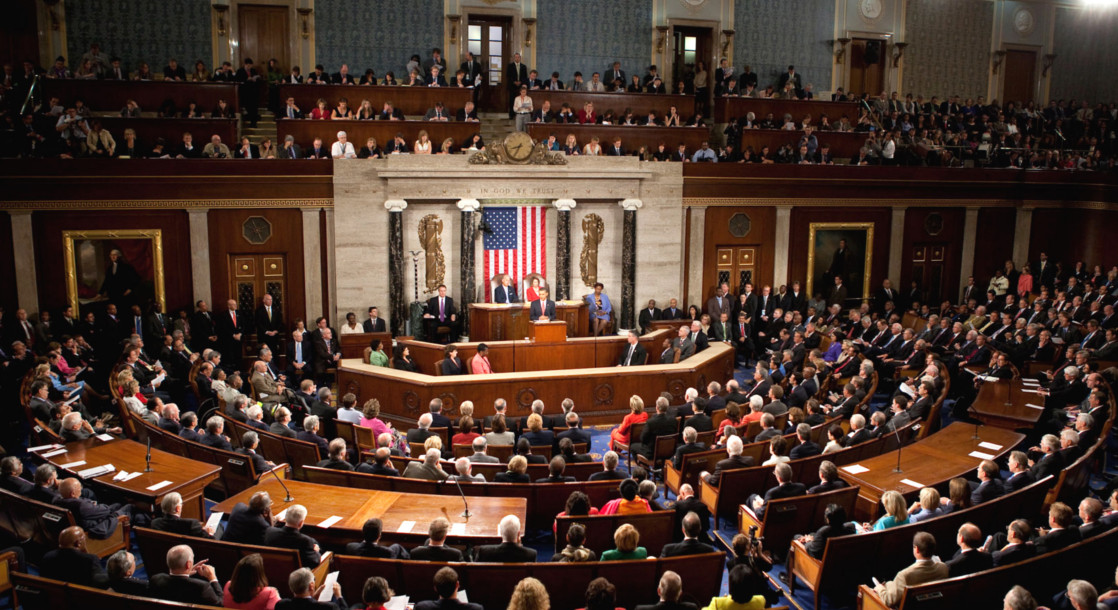Congress is expected next month to, once again, renew a popular amendment that prevents the Justice Department and its cronies over at the DEA from using federal tax dollars to raid and prosecute the medical marijuana community. But that doesn’t mean a legion of advocates supporting the movement aren’t still concerned that the influence of U.S. Attorney General Jeff Sessions could end up spoiling the whole deal.
Although the suits on Capitol Hill have tendered their support for the protections known as the Rohrabacher-Farr amendment for the past three years, the rider must be renewed every budget cycle to remain effective. The current version is set to expire in September.
Under normal circumstances, the amendment would likely be restored without much debate, but over the past few months, Sessions has actively been trying to convince Congress to eliminate the protections from the 2018 budget.
“I believe it would be unwise for Congress to restrict the discretion of the Department to fund particular prosecutions, particularly in the midst of an historic drug epidemic and potentially long-term uptick in violent crime,” Sessions wrote in a recent letter to Congress. “The Department must be in a position to use all laws available to combat the transnational drug organizations and dangerous drug traffickers who threaten American lives.”
It is worth pointing out, however, that the Senate Appropriations Committee has already put its stamp of approval on its version of the rider, but there are no guarantees the House will do the same.
What is concerning, at least by handicapper standards, is the fact that the House once supported an amendment aimed at giving veterans access to medical marijuana, but a similar proposal was snuffed out earlier this year right out of the gate. If the medical marijuana protections suffer the same fate at the hands of the House Republicans, it is conceivable that federal drug enforcers would have the freedom to starting kicking down the doors of the legal medical marijuana industry at the beginning of next year.
The good news is lawmakers close to the situation say they feel “reasonably confident” that the medical marijuana protections will remain intact under the 2018 federal budget.
“This is the most sympathetic Congress we’ve ever had to issues of cannabis,” Representative Earl Blumenauer, who is one of the sponsors of the rider’s House version, told the Washington Post.
There has been some speculation for the past couple of months that Attorney General Sessions desperately needs Congress to remove the medical marijuana protections in order to devise a proper plan to crackdown on the cannabis industry. As it stands, 29 states and the District of Columbia have medical marijuana laws on the books, while less than 10 jurisdictions have passed laws allowing the herb for recreational use.
Some media reports suggest that Sessions’ mission to crackdown on legal weed suffered a major set back after a Justice Department task force came up with “no new policy recommendations to advance the attorney general's aggressively anti-marijuana views." But if Sessions has managed to infiltrate Congress, furthering his anti-pot agenda by convincing the House to squash the protections currently keeping the medical marijuana industry from being blown to pieces, it could easily become a doomsday scenario.
Nevertheless, national marijuana advocacy groups are trying to maintain a positive outlook on the situation.
“I am cautiously optimistic that we are going to retain the protections,” said Justin Strekal, political director for the pro-pot group National Organization for the Reform of Marijuana Laws.











